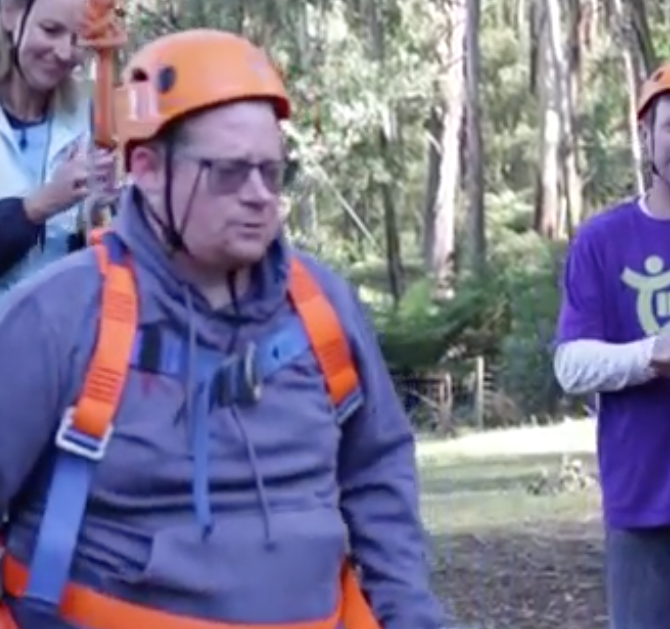Enjoying maturity
Scroll

Print
Older adults
Jan 17, 2024
You are now equiped with the wisdom of 40 years of life experience! Only recently have more people living with PWS been reaching their 40’s, 50’s and 60’s. The oldest person we know lived to 74 years of age. Our knowledge of how Prader-Willi syndrome effects people in their later years is quite limited. Very little research has been done in this area, and the number of people in this age group is comparatively small, but growing! We will update this resource list as more knowledge about you and your friends is better understood by our community and researchers.

Ageing with dignity and purpose
Healthcare for adults living with PWS
Speech and language for adults
Moving out of family home to supported living
A wealth of information about successful supported living for adults with PW.
Friendships and relationships
A person living with PWS talks about the challenges of social connections, gender and sexuality.
Information for GP’s
An overview of characteristics of PWS, with health care risk and recommendations.
Hospital admission guidelines
Royal Prince Alfred Hospital recommened admission policy for people living with PWS.
Mental capacity and guardianship
An introduction to the differences in the arrangements.
Supported decision making
Some disabled people need support to make big decisions in their lives. This booklet introduces the concepts.
Information for professional providers and support workers
Support providers – expectations
Guidance on how to have the best community inclusion experience and better community access outcomes.
Information for NDIS planners, LAC’s and support coordinators
A guide that explains how those roles can offer better service to people living with PWS.
For me
People living with PWS can learn from each other. Australians have an online PWS leaders group called Our way of Life Australia. See the video and other resources about relationships, online safety and more on the For me page.
Residential aged care and the NDIS
Some people living with PWS may be around the age of 65 and contemplating a nursing home.
Disclaimer: The content on this website is for information only. Everyone is an individual and needs to seek the advice of relevant professionals.
Get in touch
We welcome enquiries about anything related to PWS. This could be about the changes through the life stage of living with PWS, individual needs, services, getting help or interacting with the NDIS, the Quality and Safeguards Commission or the AAT.

